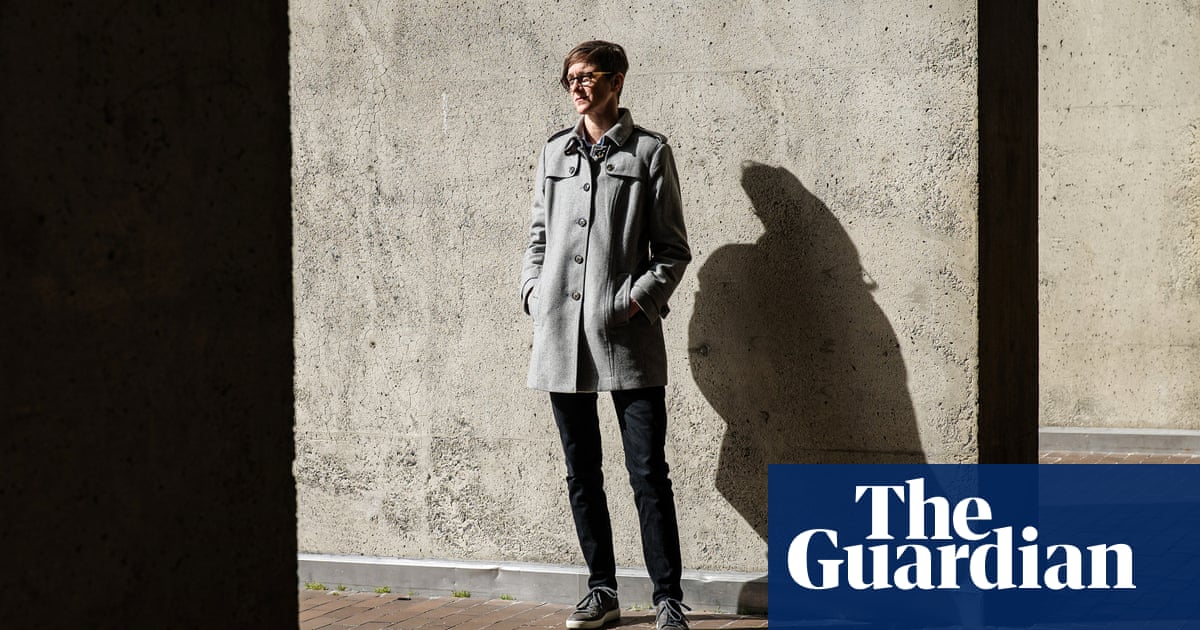Kate Starbird says attacks have made research difficult, and claims of bias arise because of prevalence of lies from the right
A key researcher in the fight against election misinformation – who herself became the subject of an intensive misinformation campaign – has said her field gets accused of “bias” precisely because it’s now mainly rightwingers who spread the worst lies.
Kate Starbird, co-founder of the University of Washington’s Center for an Informed Public, added that she feared that the entirely false story of rigged elections has now “sunk in” for many Americans on the right. “The idea that they’re already going to the polls with the belief that they’re being cheated means they’ll misinterpret everything they see through that lens,” she said.
Starbird’s group partnered with Stanford Internet Observatory on the Election Integrity Partnership ahead of the 2020 elections – a campaign during which a flood of misinformation swirled around the internet, with daily claims of unproven voter fraud.
Starbird and her team helped document that flood, and in return congressional Republicans and conservative attorneys attacked her research, alleging it amounted to censorship and violated the first amendment.



You were literally given scientific, peer reviewed studies that showed that they did limit the spread. You were also asked to prove your outlandish claim with similar, peer reviewed literature. But you can’t. That lack of support for your claim, and a complete inability to even criticise the actual evidence provided that shows your claim is bogus? Well, it all kinda indicates to me that I’ve met rocks who are smarter than you…
None of those studies are valid. They’re cherry picked time lines and from selective areas to come to the only outcome journals will let get published. The real world data we have proves they do nothing
Wow. That “real world data” must be super compelling if you won’t post it. And I don’t think you read either of em. Cos I tricked you. One isn’t technically a study. It’s a lit review. Covers 96 studies. And I know for a fact that you can’t have read all of them in this time. And if you had read the two given, and had half a brain, you’d have picked up on flaws with the other study given too (and no they didn’t “cherry pick data”, so that isn’t a flaw. They used early data cos they published early, I’d be happy to provide more up to date studies, but why should I when you won’t even read the two already given?). Cos there aren’t many studies that don’t have a flaw or two in them. Cos science isn’t perfect. But you wouldn’t know that, cos you know literally nothing about how science works.
Lots of places had muzzle mandates, lots of places didn’t. No difference in spread